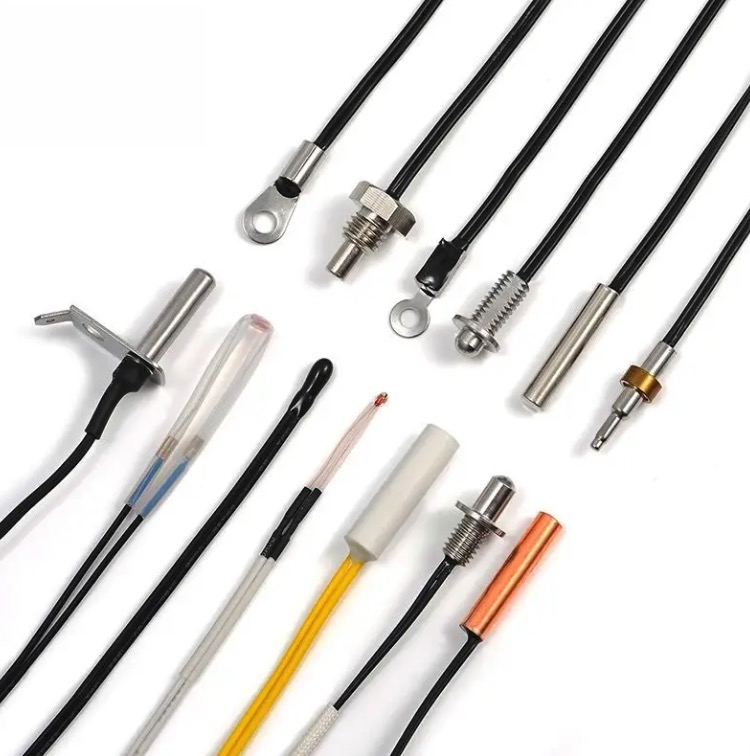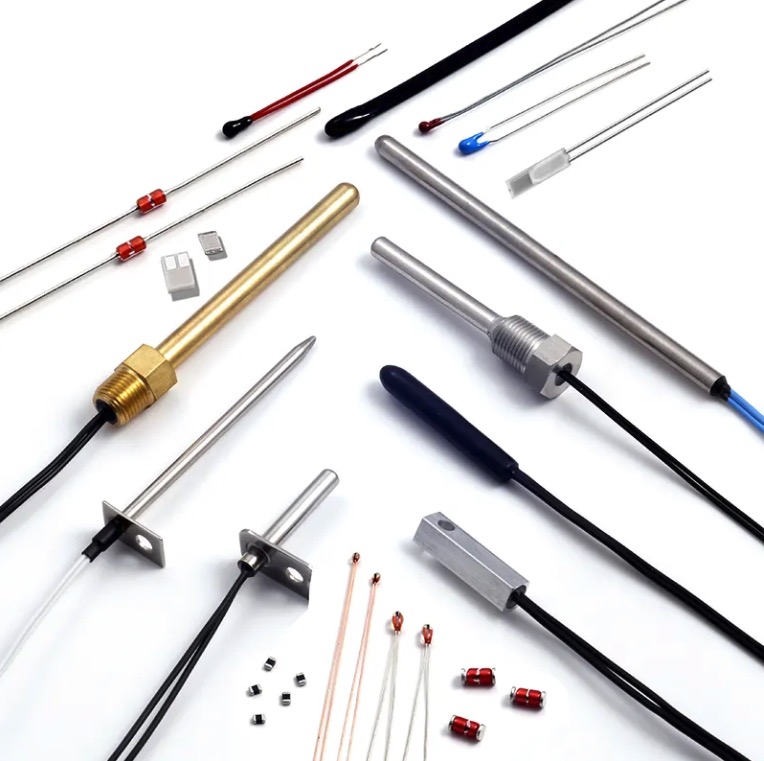Water Probe Sensor: Revolutionizing Water Quality Monitoring
Abstract:
In this article, we delve into the world of water probe sensors and their significant impact on water quality monitoring. From understanding the basics of water probe sensors to exploring their applications and benefits, this comprehensive guide will equip you with the knowledge needed to navigate the realm of water quality optimization. So, let’s dive in!
Table of Contents:
1. Introduction
2. What is a Water Probe Sensor?
3. How Does a Water Probe Sensor Work?
4. Applications of Water Probe Sensors
5. Benefits of Water Probe Sensors
6. Choosing the Right Water Probe Sensor
7. Conclusion
1. Introduction
Water is an invaluable resource for all lifeforms, and maintaining its quality is crucial for the well-being of both humans and the environment. As water-related concerns continue to grow, the need for accurate and efficient water quality monitoring becomes essential. This is where the revolutionary water probe sensor comes into play.
2. What is a Water Probe Sensor?
A water probe sensor is a sophisticated device designed to measure various parameters that determine water quality. These parameters include temperature, pH levels, conductivity, dissolved oxygen, turbidity, and more. With precise and real-time data collection capabilities, water probe sensors enable scientists, researchers, and environmentalists to gain deeper insights into the state of our water resources.
3. How Does a Water Probe Sensor Work?
Water probe sensors work by utilizing advanced technologies to measure different water quality indicators. They are typically equipped with multiple probes or sensors, each dedicated to measuring a specific parameter. The sensor’s probes are submerged into the water, and the collected data is then transmitted to a monitoring system or software for analysis and interpretation.
4. Applications of Water Probe Sensors
Water probe sensors find applications in various industries and fields, ranging from environmental monitoring and research to aquaculture and drinking water quality control. They play a vital role in ensuring the safety and sustainability of water resources for industries such as agriculture, fisheries, and wastewater treatment plants. Researchers and scientists also rely on water probe sensors to gather essential data for ecological studies, climate change monitoring, and pollution control.
5. Benefits of Water Probe Sensors
The utilization of water probe sensors offers numerous benefits. Firstly, they provide real-time data, allowing for immediate responses in case of any water quality issues. This enables proactive measures to be taken, avoiding potential damage to the environment or human health. Secondly, the accuracy and precision of water probe sensors ensure reliable and consistent data, reducing uncertainties during analysis. Additionally, these sensors are often portable, user-friendly, and cost-effective, making them accessible even for small-scale applications.
6. Choosing the Right Water Probe Sensor
When selecting a water probe sensor, several factors should be considered. These include the specific parameters you wish to measure, the intended application, the sensor’s durability and reliability, compatibility with existing systems, and the availability of technical support. Conduct thorough research and consult experts to ensure you choose a water probe sensor that meets your requirements and provides accurate and actionable data.
7. Conclusion
As water remains a critical resource facing various challenges, the importance of effective water quality monitoring cannot be overstated. Water probe sensors have revolutionized this process, providing valuable insights into our water resources and enabling timely actions to protect and preserve them. By harnessing the power of water probe sensors, we can contribute to a sustainable future where water quality remains a top priority.
Remember to bookmark this guide for future reference and share it with others interested in water quality optimization. Together, let’s make a difference by leveraging the capabilities of water probe sensors to safeguard our most precious resource – water.
HTML Output:
Water Probe Sensor: Revolutionizing Water Quality Monitoring
Abstract:
In this article, we delve into the world of water probe sensors and their significant impact on water quality monitoring. From understanding the basics of water probe sensors to exploring their applications and benefits, this comprehensive guide will equip you with the knowledge needed to navigate the realm of water quality optimization. So, let’s dive in!
Table of Contents:
- Introduction
- What is a Water Probe Sensor?
- How Does a Water Probe Sensor Work?
- Applications of Water Probe Sensors
- Benefits of Water Probe Sensors
- Choosing the Right Water Probe Sensor
- Conclusion
1. Introduction
Water is an invaluable resource for all lifeforms, and maintaining its quality is crucial for the well-being of both humans and the environment. As water-related concerns continue to grow, the need for accurate and efficient water quality monitoring becomes essential. This is where the revolutionary water probe sensor comes into play.
2. What is a Water Probe Sensor?
A water probe sensor is a sophisticated device designed to measure various parameters that determine water quality. These parameters include temperature, pH levels, conductivity, dissolved oxygen, turbidity, and more. With precise and real-time data collection capabilities, water probe sensors enable scientists, researchers, and environmentalists to gain deeper insights into the state of our water resources.
…




